This is a library for a generation that understands knowledge, values and ethics are the basis for the development of a more inclusive society
Teresa e Alexandre Soares dos Santos
This is a library for a generation that understands knowledge, values and ethics are the basis for the development of a more inclusive society
Teresa e Alexandre Soares dos Santos
Get the most out of Teresa e Alexandre Soares dos Santos Library. Navigate our library's book collection, subscribed databases and other useful links.
Explore our guidelines and insights on how to find valuable information for your research needs.
A website can be published with no review or editing. For this reason, you need to be careful when using information you find on the web in your research. It is important to know how to identify quality websites. Here are some criteria to guide you in this task. Inside each criteria you can find a list of things to look for.
Is the author of the contents of the webpage identified?
What are the author’s credentials?
Are the references to the information presented provided?
Are the sources of information reliable?
Are there spelling or grammatical errors?
Does the content appear to be biased?
Are the goals of the author/company clear?
Are there advertisements on the page?
Is there information on the page about the date the content was last updated?
Does the content include a variety of viewpoints or is it one-sided?
Are the topics and arguments presented in a clear way?
Is the topic well-covered?
Does the page present an original view or does it just summarise other sources?
What is the target audience of the content?
Is the site well organised?
Do the links work properly?
Does the site appear well maintained?
Here are some tips to search on Google more effectively:
Exact word/phrase: use quotation marks in your search terms so that all your search results will have your search terms in them. Example: “corporate finance”
Exclude a term: include a hyphen before the word you want to exclude.
Synonyms: use tilde when you want also its synonyms to appear.
Search within a specific website only: site: use the operator site: followed by the url
Range: use two periods between to numbers (dates, measurements, prices, etc.). Example: movies 1920..1950
BIBLIOGRAPHIC MANAGEMENT
Academic Writing
Chicago Style & Citation
APA Style & Citation
Mendeley & Zotero
GUIDELINES
Google & Google Scholar
Finding Information on the Web
ACADEMIC INTEGRITY
Ethics
Plagiarism & Copyright
OPEN SCHOLARSHIP
Open Access
